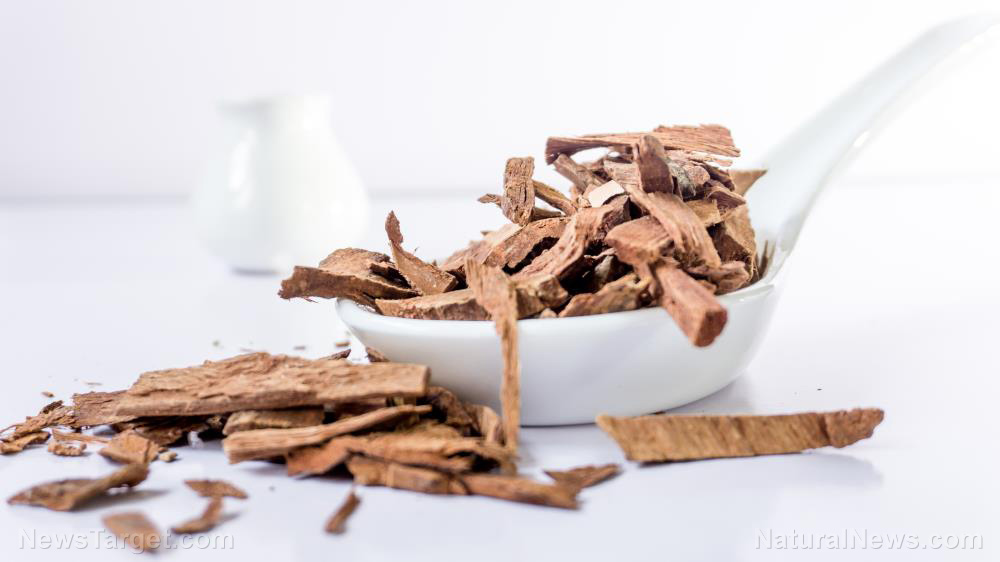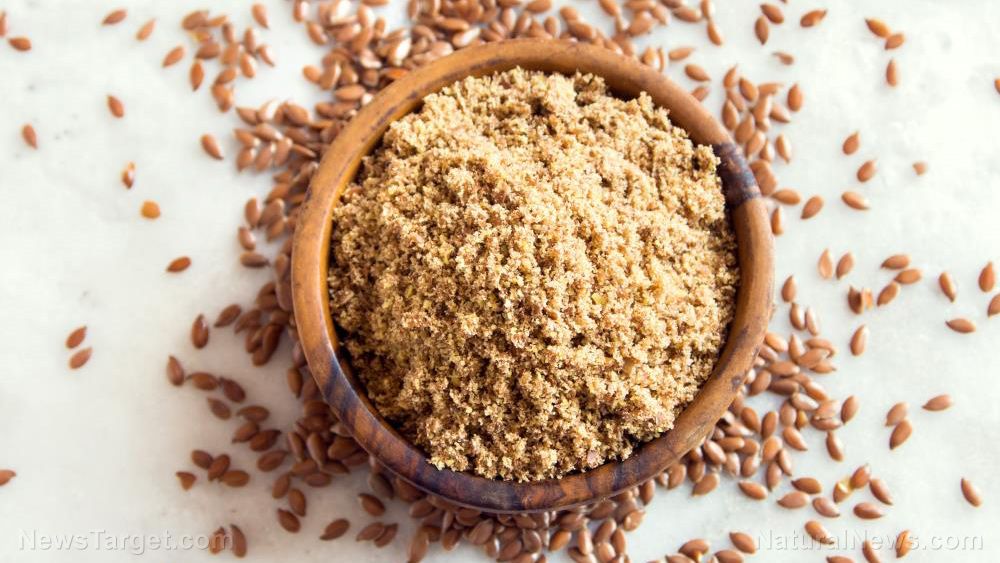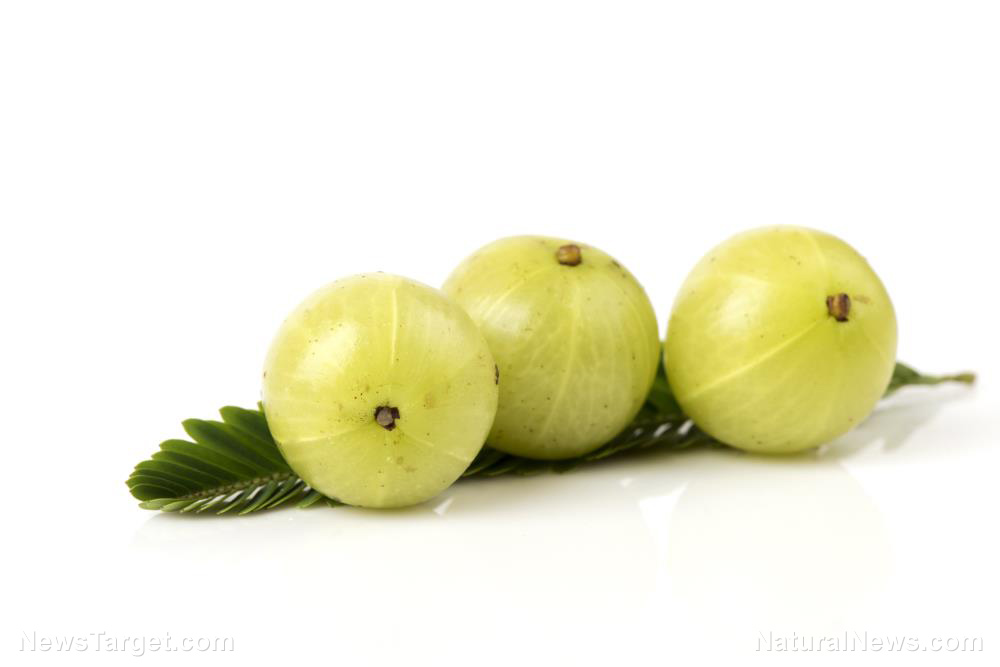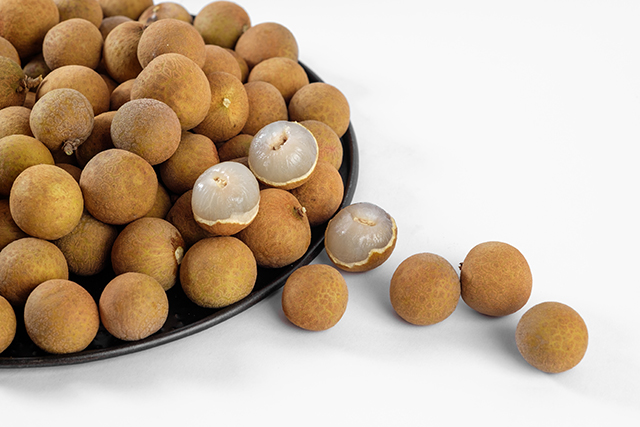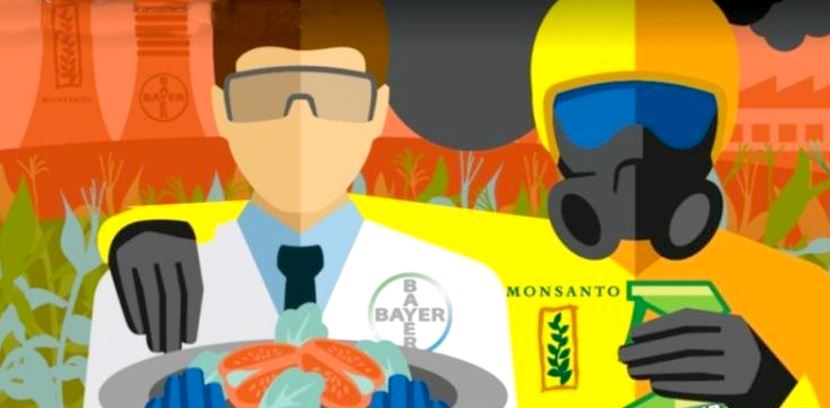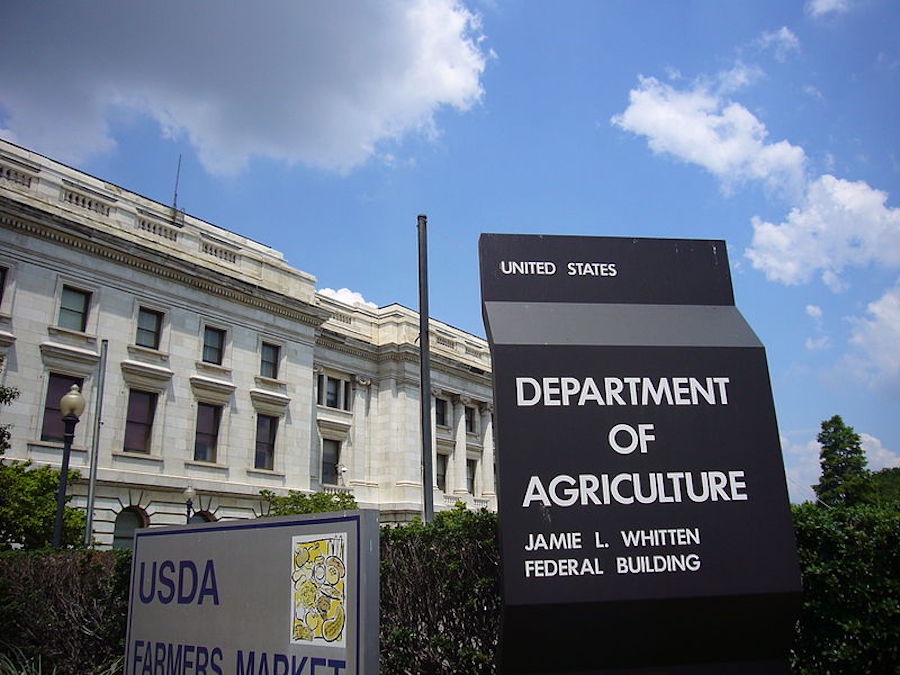How pesticide residues are compromising the supply of food, nutrition
03/15/2018 / By Frances Bloomfield
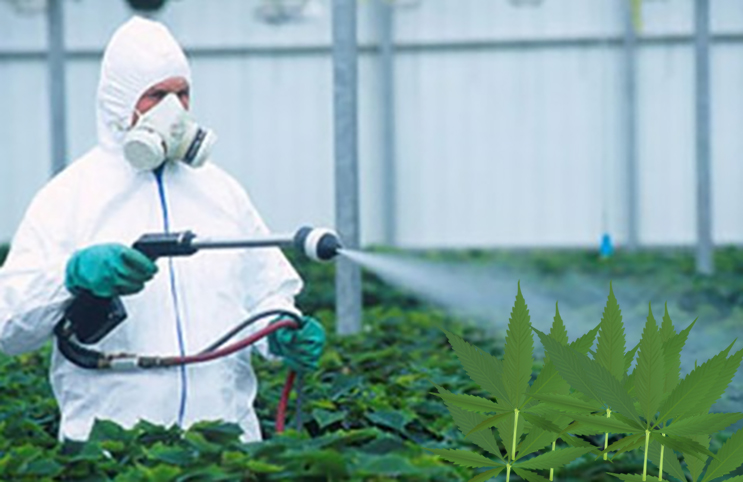
Researchers from the University of Sao Paulo in Piracicaba, Brazil, conducted a study that reviewed the impact of pesticide use on food security and human health.
- Brazilian agribusiness is one of the major activities of the country’s economy and has significant contributions to the gross domestic product (GDP).
- In order to remain competitive in the global agribusiness market and boost productivity, Brazil implemented the manufacturing, sales, and usage of pesticides.
- Since then, there have been tens of thousands of cases of agricultural and pesticide poisoning, and hundreds of cases, according to the National System of Toxic-Pharmacological Information.
- However, the study authors stated that the reported cases are believed to account for no more than 20 percent of pesticide poisoning occurrences in the country.
- On top of pesticide poisoning, these chemicals were linked to various other diseases in separate studies, including congenital malformations and genital defects among newborn babies.
- The researchers added that despite efforts to reduce pesticide residue during food processing, traces of pesticides continue to remain on food.
- Furthermore, the excessive use of pesticides goes against the notion of food and nutrition security, which Brazil has been attempting to preserve through numerous programs.
They concluded their paper by recommending the enforcement of pesticide reduction policies, the improvement of existing monitoring and surveillance programs, and the training of medical professionals to diagnose and report all future cases of pesticide poisoning.
Full text of study at this link.
Journal reference:
Gerage JM, Meira APG, da Silva MV. FOOD AND NUTRITION SECURITY: PESTICIDE RESIDUES IN FOOD. Nutrire. 2017;42(1). DOI: 10.1186/s41110-016-0028-4
Tagged Under: agrochemicals, Birth defects, Brazil, health problems, toxic chemicals


